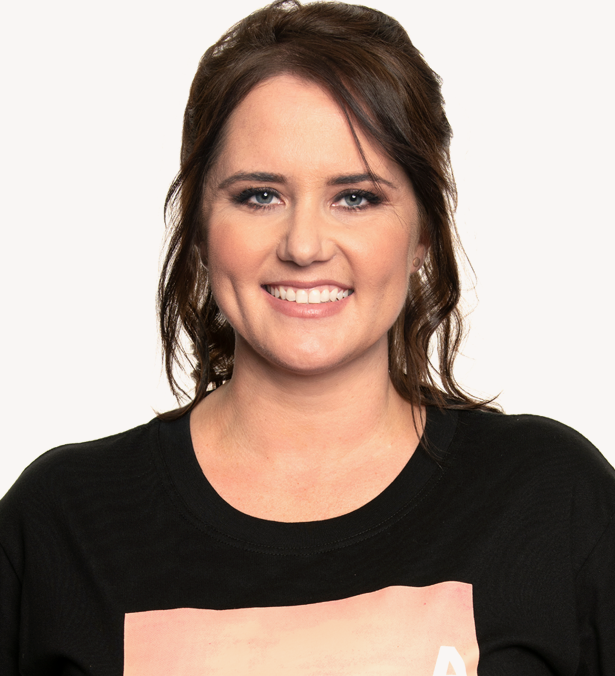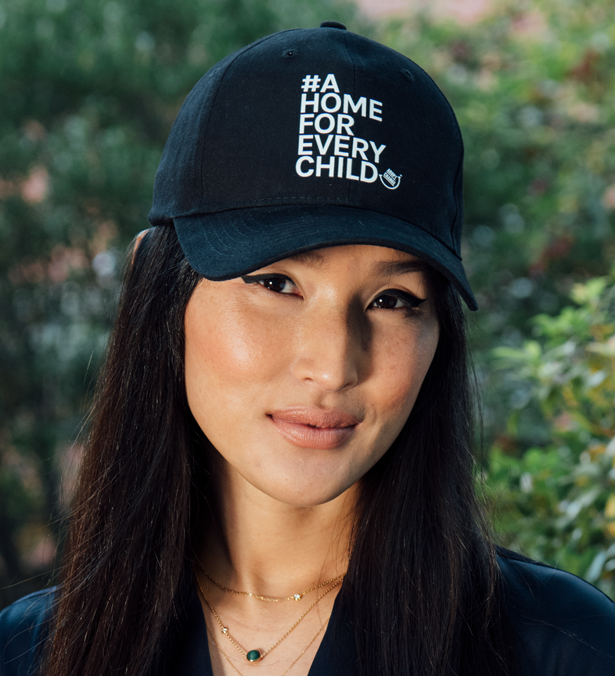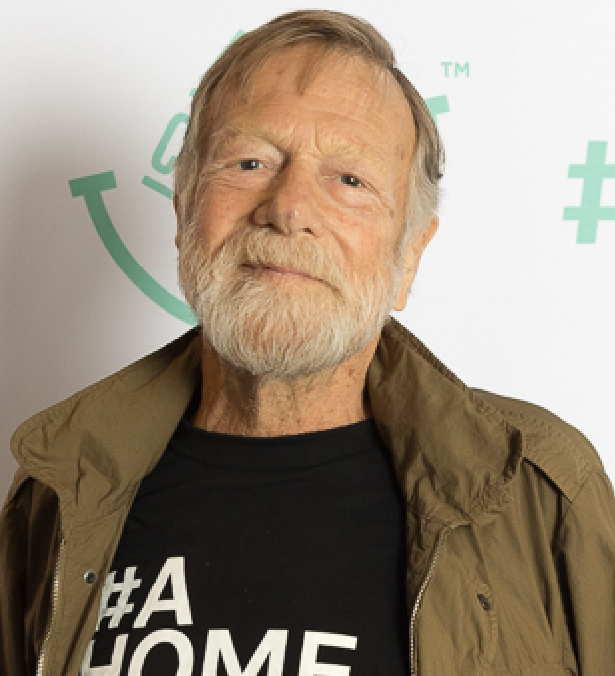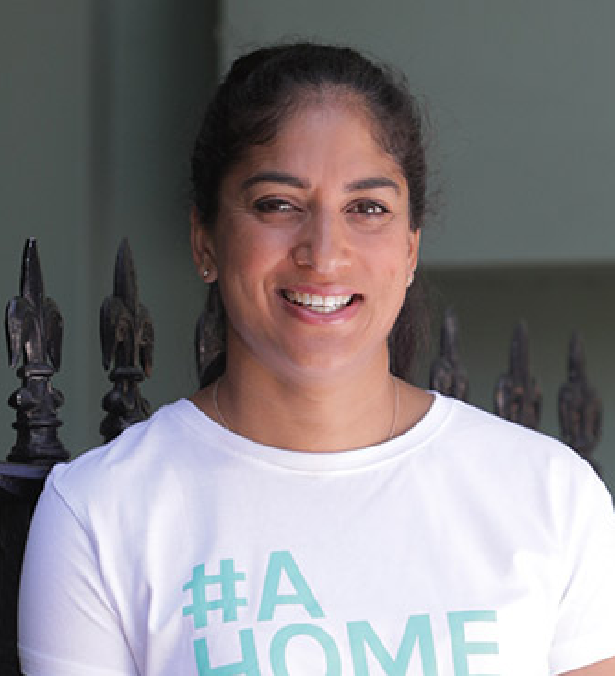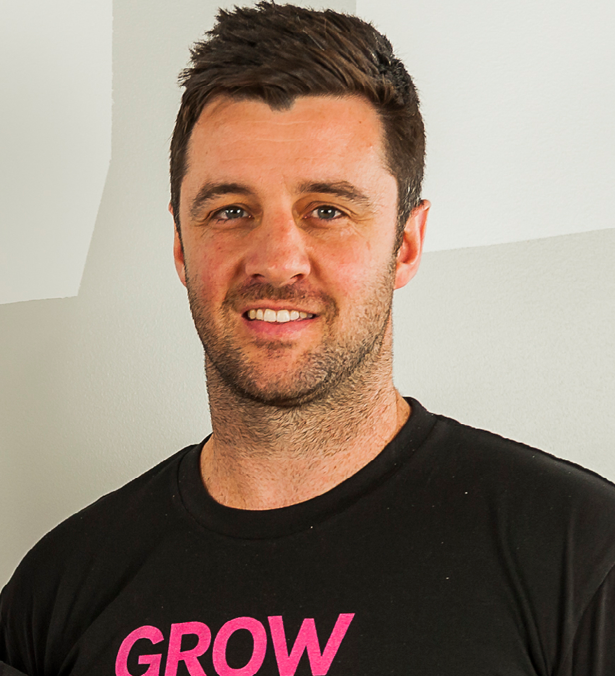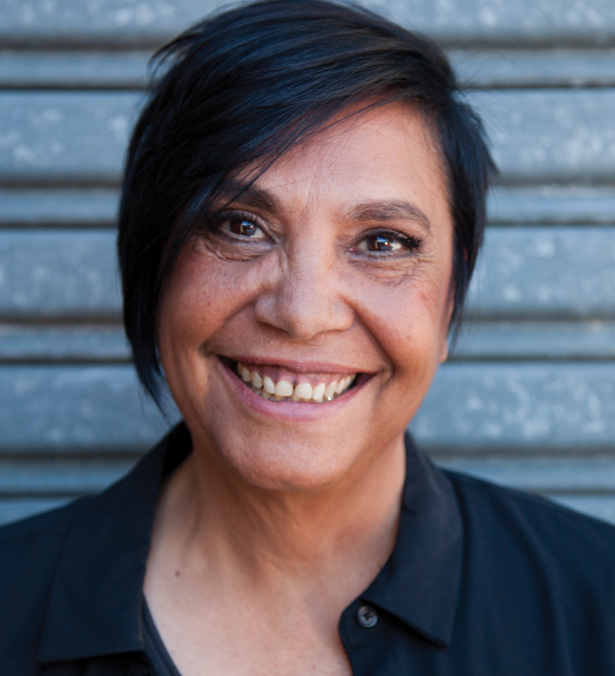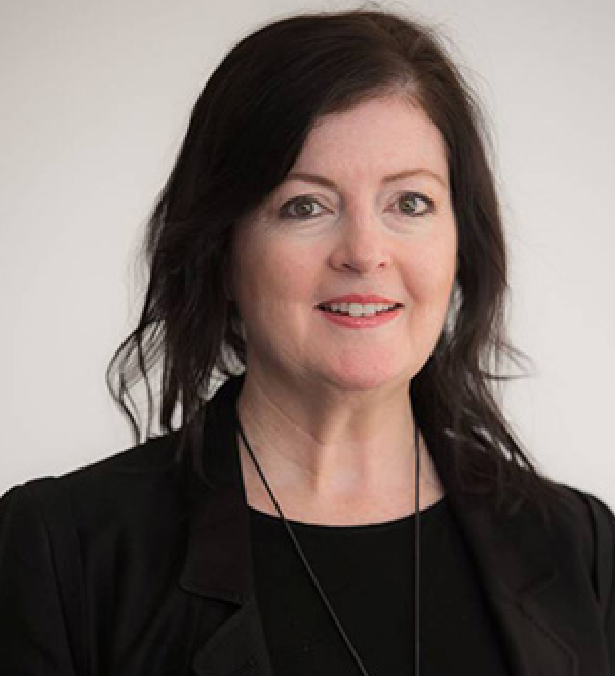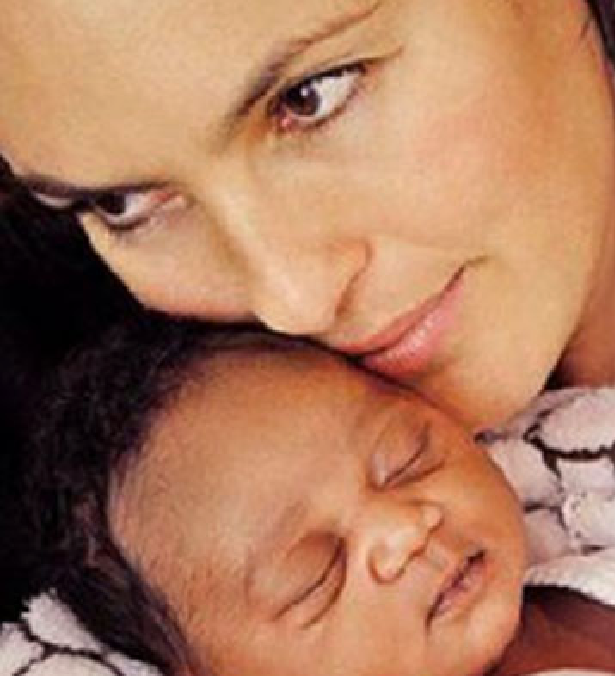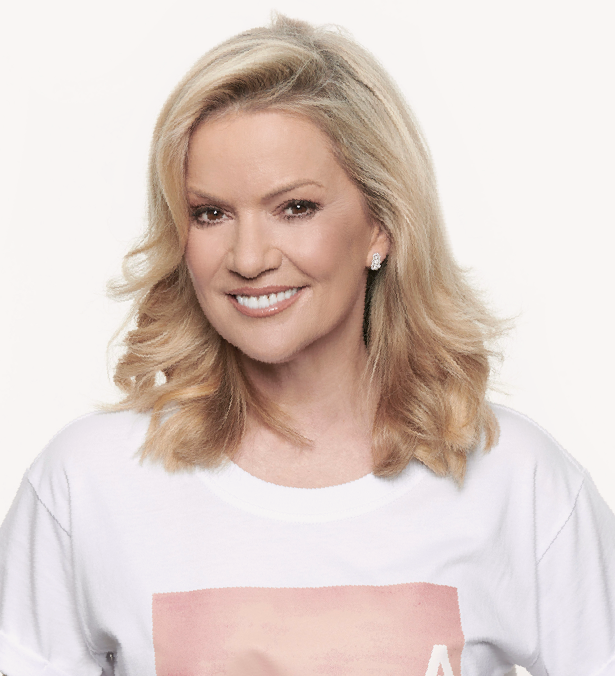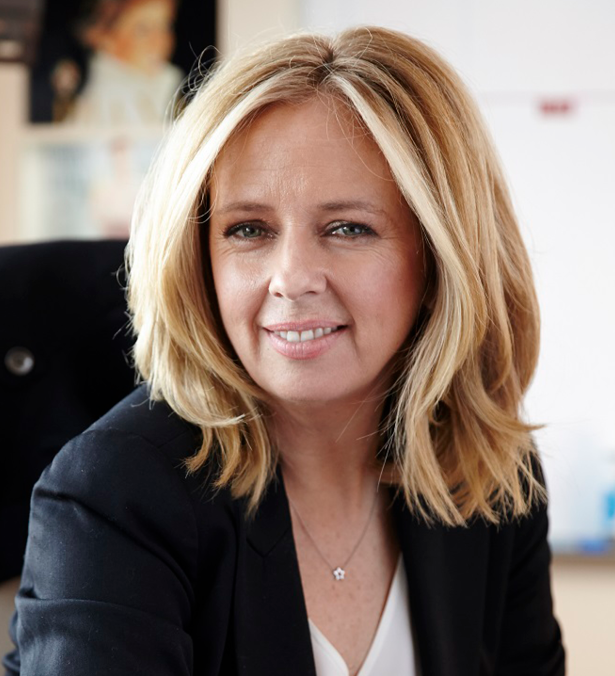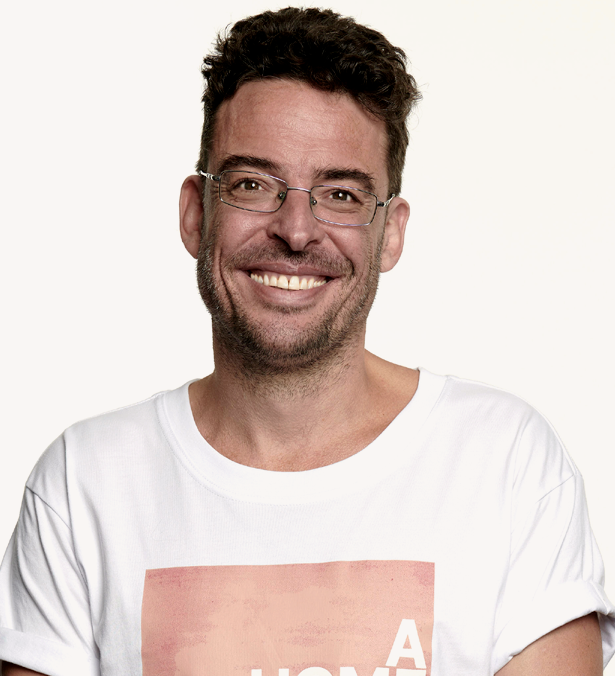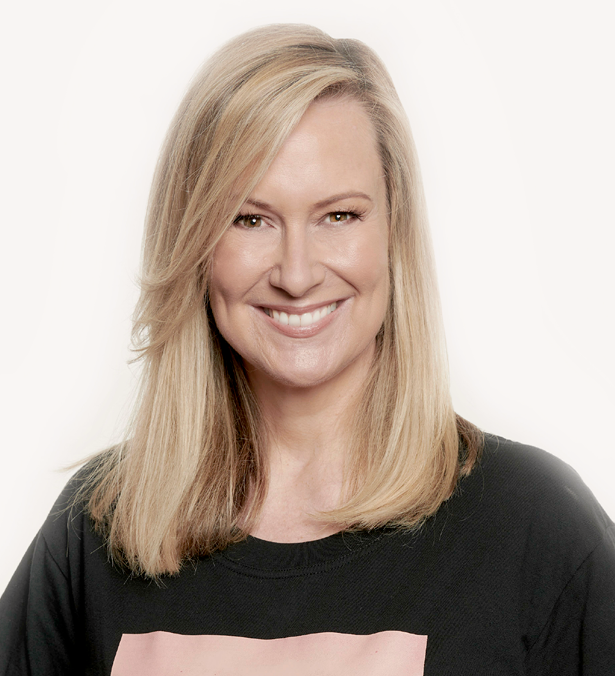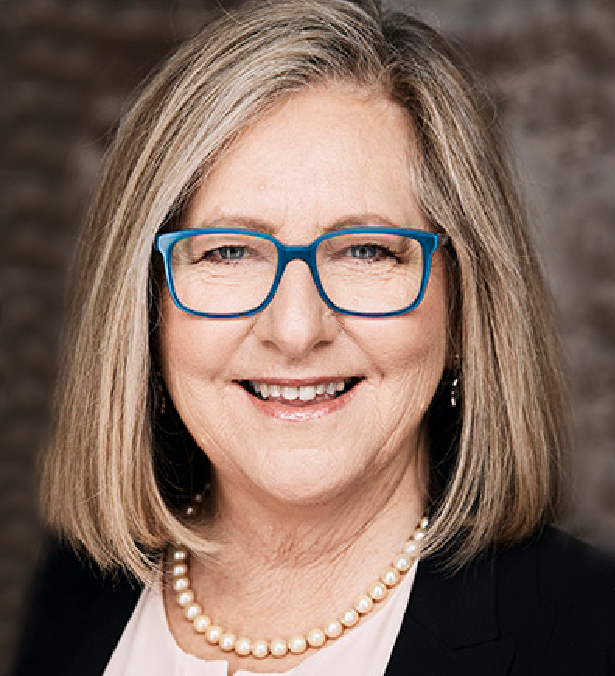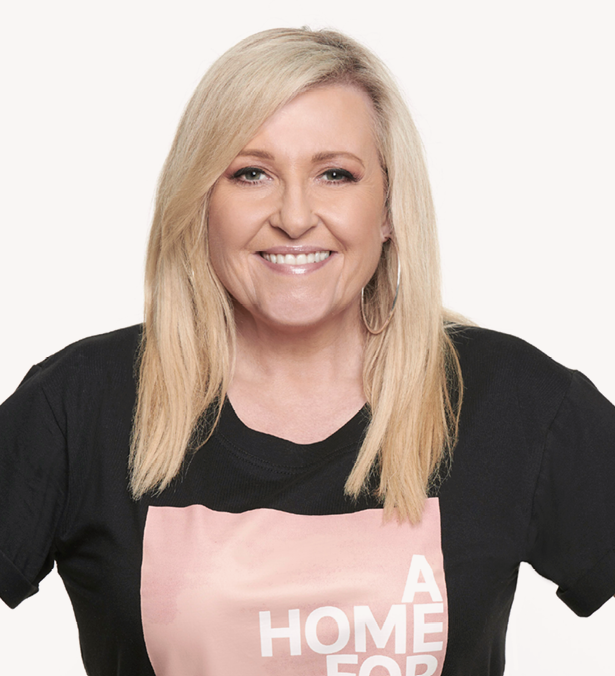Adoptions in Australia lowest on record – Adopt Change says latest Adoptions Australia report highlights the need for reform, uniform legislation and access to trend data
**MEDIA RELEASE**
Adoptions in Australia lowest on record – Adopt Change says latest Adoptions Australia report highlights the need for reform, uniform legislation and access to trend data.
The Australian Institute of Health and Welfare (AIHW) today released their Adoptions Australia 2014-15 report which states that 292 adoptions were finalised in the past year, the lowest on record and a fall of 8% from the previous year. It also states that the average wait time for intercountry adoption has increased to greater than 5 years, with data on domestic processing times unavailable.
Jane Hunt, chief executive, Adopt Change, said, “Adopt Change believes every child has a right to a family, and supports adoption as one way in which permanent, modern families may be formed. There are 15,000 Australian children who have been permanently removed from their biological families for two or more years and not placed with relatives or kin*.”
“The latest combined figures on local and intercountry adoptions are at an all time low with an increase in the average time it takes for an adoption to be finalised. Given the number of children who are in need of a permanent loving family, the findings are not good enough and we must continue to advocate for ethical adoption reform in Australia.”
Hunt said the report states that the decrease in adoptions is due to a ‘complex interplay of factors (which) have led to fewer children in need of adoption and more families seeking to adopt.’ She says in stating this the report fails to recognise two key issues:
1 – the number of children who have been permanently removed from their biological families, due to abuse or neglect, and are now in foster care,
2 – There is no published data available on the number of families or parents waiting to adopt.
“The lack of current, publicly available data is disappointing. The suggestion that the number of parents wanting to adopt outweighs the number of available children seems at odds with the large number of children in out of home care and is not supported in the report by evidence. Without the figures it is difficult to assess the real situation and it certainly doesn’t encourage reform where it is clearly needed.”
While the report describes the various state-by-state pathways to adoption, it does not highlight the important role adoption plays in providing a child with stability and the opportunity to be part of a permanent, loving family.
Michael Tarren-Sweeney, Associate Professor of Child and Family Psychology, Canterbury University, New Zealand, visited Australia last month as part of National Adoption Awareness Week, and said, “Over the last 25 years we have learnt that there are two great challenges for protecting the development of children who are manifestly in need of care. The first is identifying them at the earliest possible age, so that their exposure to severe maltreatment is minimised, and so that they have the best opportunity to develop secure family relationships. The second is designing permanent care arrangements that strengthen children’s felt security, and provide the opportunity for a normal, carefree childhood.”
Research commissioned by Adopt Change in August 2015, shows that 89 per cent of respondents viewed adoption in an overwhelmingly positive light and believed that adoption gives a child a better life**.
Intercountry adoptions represented 28% of all adoptions with a decrease of 31 adoptions, or 27%, on the previous year. The AIHW report refers to a decline in the number of intercountry adoptions, which Hunt attributes, in part, to the limited number of countries Australia currently has agreements with. It can also be attributed to the increase in the time it takes to adopt, with some families having waited as long as 8 years to adopt from China. The report suggests that the fall in numbers is primarily due to ‘fewer children needing intercountry adoption’. However the fact that there are more than 2 million children in institutional care, and significantly more who are living on the streets worldwide suggests otherwise^.
The AIHW report also identifies that the number of local adoptions has increased slightly, driven by New South Wales, ‘where recent reforms have increased the focus on adoption by known carers, such as foster carers’. Hunt said, “We are encouraged by the reform taking place in New South Wales. We must recognise that virtually all children who were the subject of a finalised local adoption in 2014-15 were aged under 5, with almost half being aged 1-4. This would indicate that we have some way to go with children above the age of 5 in ensuring that they are also the recipients of a more permanent, loving family environment.”
There is considerable community and political support growing that recognises the need to reform adoption legislation, policy and practice in Australia. Following a senate inquiry into out of home care earlier this year, there has been a push for reform with Senators Zed Seselja and Joanna Lindgren leading the call on the federal government to make reform a priority. Last month both houses of parliament endorsed a Motion, supporting adoption reform. Hunt said, “We congratulate both houses of parliament for showing support and leadership on this important issue. The findings of the Adoptions Australia 2014-15 report reinforce the need to make reform a priority in 2016 and we encourage the Council of Australian Governments to focus on delivering outcomes which are in the best interests of the child.”
With the findings of the AIHW report Hunt said that Adopt Change will continue working with government, the sector and the community to encourage ethical adoption reform to ensure that vulnerable children have the opportunity to flourish in a loving and permanent family environment.
ENDS
Media Contact: Samantha Dybac email: sjdybac@sammway.com.au phone: 0411251373
Available for interview: Jane Hunt, chief executive, Adopt Change.
Full report available via the Australian Institute of Health Welfare website http://www.aihw.gov.au/adoptions/
Adopt Change believes that every child has a right to grow up in a permanent, loving family, and embraces adoption as a positive and important way of forming that family.
Adopt Change’s mission is to raise community awareness, encourage ethical reform, and empower all Australians to engage with issues affecting adoption.
Adopt Change is committed to working with community and governments to transform attitudes and laws affecting adoption in Australia.
Adopt Change advocates for open adoption as the first permanent option considered for children who cannot live with their family or kin and will otherwise spend their childhood in Out of Home Care.
For more information on Adopt Change and National Adoption Awareness Week, visit http://www.adoptchange.org.au
Adopt Change is on Facebook, Twitter and Instagram @AdoptChangeAU
References
* Children who have been in temporary care for two or more years. Australian Institute of Health and Welfare (2015). Child Protection Australia 2013-14. Child and Welfare Series no. 61. Canberra: AIHW.
** Modern Families: Attitudes and perceptions of adoption in Australia, August 2015.
^ UNICEF 2009.

